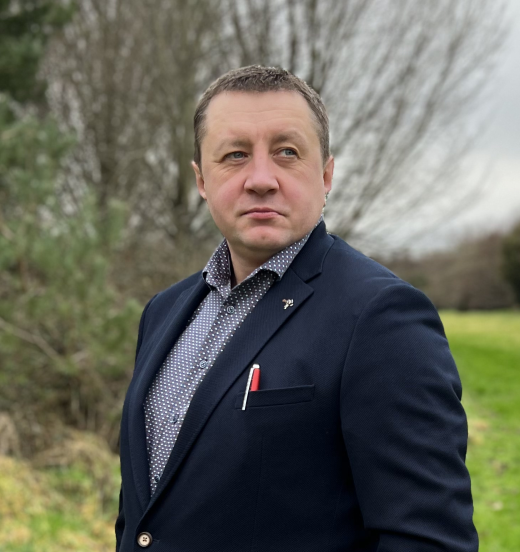Piotr Siwak of Siwak Consultancy Limited writes about the importance of coaching and how it is a partnership based on trust and complete discretion.
At the outset, a question arises: Do the design and construction industries have anything in common with coaching? The answers to such a question will be as many as the respondents, plus one. To answer this question responsibly, we need to delve deeper into defining what coaching actually is. According to the International Coaching Federation (ICF) Code of Ethics, coaching is “partnering with clients in a thought-provoking and creative process that inspires them to maximise their personal and professional potential’.
Does your team need coaching?
Do you see any limitations imposed on life or professional situations here? I don’t either. Unfortunately, during my work in the construction industry, I have never encountered the coaching process even once. No one has ever suggested it to me, regardless of the position I held – from a novice engineer to an engineering lead, all the way to a mid-level manager. I have only participated in ‘hard’ training sessions and perhaps one (in 18 years) ‘soft’ training session focusing on improving team communication.
The important difference between internal and external coaching
So, precisely, ‘in training’. What, then, is the difference between training provided by organisations to their employees and coaching—whether individual, team or group?
There is only one, but a very significant one: During training, participants receive a portion of knowledge related, for example, to improving team communication. They receive guidelines on how to behave in a given situation – ways A, B…X, Y. When they find themselves in a similar situation in their professional work, they may use one of the paths or solutions presented during the training.
In the case of coaching, participants in the process will not be given a ready-made solution. They will arrive at it themselves through the process. Why? The role of the coach is to make people aware that they have ready-made solutions in their heads that:
– Perhaps they have used it in the past,
– Perhaps they have not yet been verbalised and are waiting to be discovered
– Will not be judged by the coach or any other participant in the process.
A crucial advantage of coaching over training is that the solutions found by the participant (individual coaching) or participants (team coaching) in the process will be their solutions. This is very important from the perspective of change management theory.
The situations described above mainly concern processes in organisations and are related to team coaching. But what about individual coaching when, for example, a C-suite or mid-level manager is struggling in professional or private situations? The situation is very similar; the only difference will be the tools that the coach employs.
When do you need a coach?
With what challenges can you turn to a coach? I’ll answer straight: with any! If the coach is a true coach, they will honestly tell you whether they can help you – if not, they will direct you to another specialist. The main challenges in which a coach can assist you both in organisational and individual contexts include increasing productivity, achieving goals, time management, improving communication, relationship uplifting, enhancing wellbeing, uncovering ingrained habits and beliefs, resolving conflicts, and more.
About Piotr Siwak
When I reflect on my previous experiences with coaching – before I started practising it professionally – I can say that if I hadn’t sought the support of a coach at a particular stage in my life, I wouldn’t be where I am now. And where am I now? I support people in dealing with their challenges, I do what I love, I lead a happy family and professional life, and I am myself; I wish the same for you, dear reader.
In conclusion
Remember, coaching is a partnership based on trust and complete discretion! A coach will never judge your actions, let alone judge you. Your life is yours, and yours alone!
Piotr Siwak, Siwak Consultancy Limited email: siwak.consultancy@gmail.com
LinkedIn: www.linkedin.com/in/piotrsiwak
For more details, visit www.piotrsiwak.com




